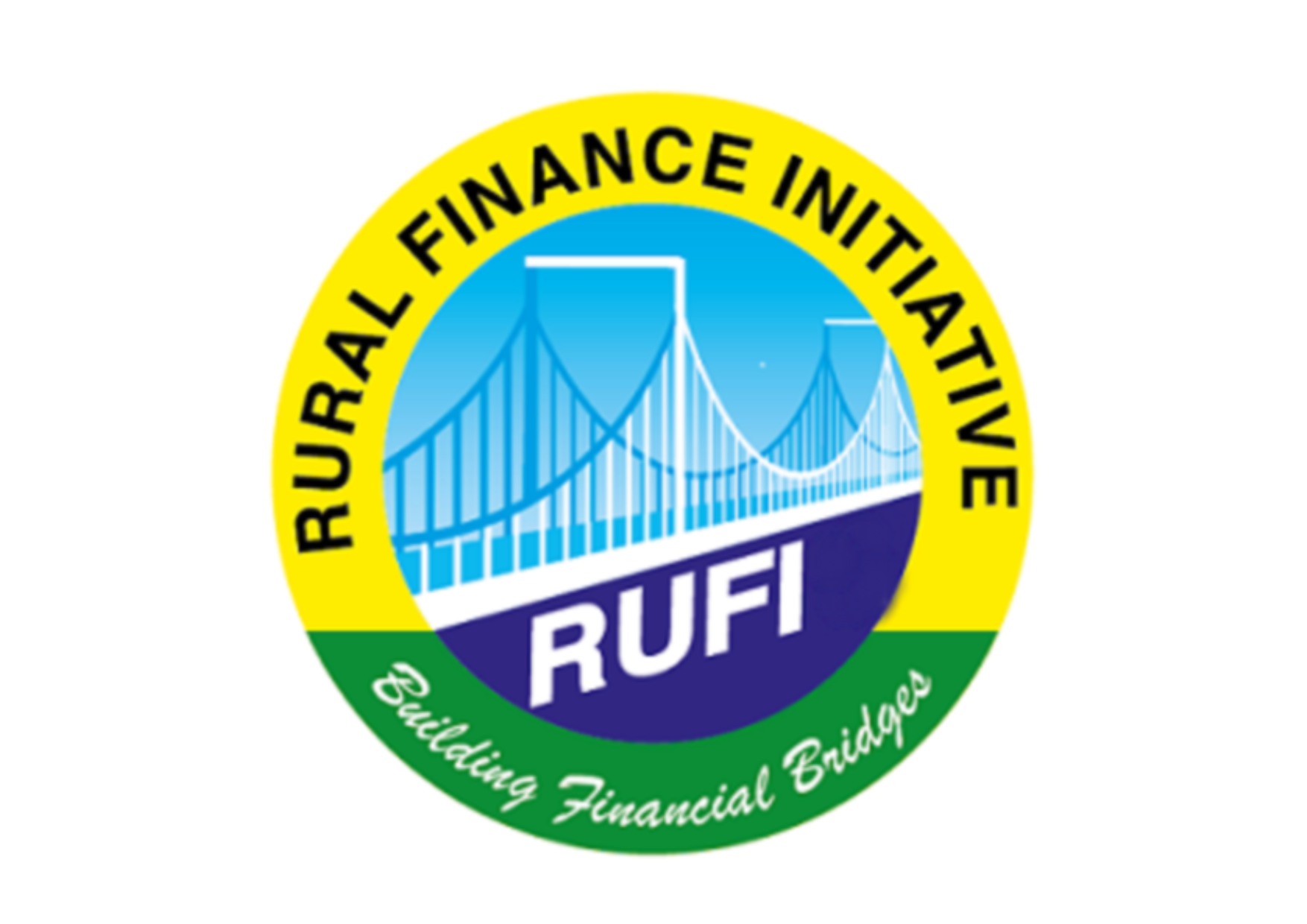The Finance for Refugees (F4R) workstream focuses on increased access to financial services for refugees in host countries. The partners aim to improve the financial service providers’ (FSPs) capacity and motivate the FSPs to serve refugees like regular clients. By providing financial services to refugees, more economic opportunities will become available, allowing them to improve their life situation.
The number of forcibly displaced persons in the world is at an unprecedented high and still rising level. UNHCR reports that there are 65.3 million forcibly displaced persons, of which 21.3 million are refugees. Continuing conflict means refugees often stay in their host country for over 10 years, facing significant integration problems, one of them being exclusion from financial services. Lack of access to financial services can represent a major impediment to income opportunities and economic welfare of individuals, particularly for the poor and vulnerable, such as refugees.
Bridging the existing gap between FSPs and refugees and assisting FSPs with the development of financial services to refugees, can contribute to the economic growth of the host country and improved life situations for refugees. Affordable access to financial services can help refugees cope with negative shocks, reduce their exposure to risk, and stimulate their economic activity.
FINANCE FOR REFUGEES
PARTNERS









ACTIVITIES
To bridge the gap between FSPs and refugees, and assist FSPs with the development of financial services for refugees, NpM and the F4R workstream partners:
-
-
-
- Organized a 2-day workshop ’Expanding Financial Inclusion of Refugees’ for Jordanian and Lebanese Microfinance Institutions (MFIs) to gauge their interest, and to exchange knowledge and expertise to start serving refugees.
- Conducted diagnostic studies in Uganda with 4 MFIs to assess their institutional requirements for financing refugees resulting in 4 concrete action plans.
- Conducted a study and analysis of demand and supply-side opportunities and constraints in Uganda to advance the business case for financial inclusion of refugees.
- Conducted a study to provide a brief overview of the global potential market scope of refugees, and to review the progress of financial access for refugees in the past few years.
- Presented the outcomes of the above-mentioned studies at our annual conference fully dedicated to this topic where 200 people from 135 organizations out of 21 countries gathered.
- Assisted RUFI with the opening of a branch in the Adjumani District in Northern Uganda (see blog) with funding from the Church of Sweden.
-
-
FINANCE FOR REFUGEES REPORTS
Expanding Financial Inclusion of Refugees in Uganda
Lack of access to financial services can represent a major impediment to income opportunities and economic welfare of individuals, particularly for the poor and vulnerable, and those engaged in the informal economy. Affordable access to financial services can help refugees cope with negative shocks, reduce exposure to risk, and stimulate economic activity at community levels.
In order to develop more inclusive financial markets it is necessary to address the specific constraints in each context that prevent an efficient match between demand and supply of financial services, limiting access, use and quality of available services. While legal and policy barriers remain, the biggest constraint to increased financial inclusion of refugees is a familiarity gap between refugees and FSPs, fuelled by ingrained stereotypes and preconceived ideas. The support system around FSPs, while growing, remains fragmented, and many FSPs continue to be constrained by a lack of (easy) access to the information, guidance and support needed to identify, assess, and potentially serve refugees as customers.
This state of play paper aims to provide a brief overview of the global potential market scope of refugees, and review the progress to improve access to finance by refugees in the past few years. Remaining barriers are briefly described, including policy clarity, relevant information, legal barriers, and funding. This list of gaps is by no means complete but it is hoped that the International Conference Finance for Refugees – Making it Work can contribute to filling the void.
Finance for Refugees: the State of Play
Lack of access to financial services can represent a major impediment to income opportunities and economic welfare of individuals, particularly for the poor and vulnerable, and those engaged in the informal economy. Affordable access to financial services can help refugees cope with negative shocks, reduce exposure to risk, and stimulate economic activity at community levels.
In order to develop more inclusive financial markets, it is necessary to address the specific constraints in each context that prevent an efficient match between demand and supply of financial services, limiting access, use and quality of available services. While legal and policy barriers remain, the biggest constraint to increased financial inclusion of refugees is a familiarity gap between refugees and FSPs, fuelled by ingrained stereotypes and preconceived ideas. The support system around FSPs, while growing, remains fragmented, and many FSPs continue to be constrained by a lack of (easy) access to the information, guidance and support needed to identify, assess, and potentially serve refugees as customers.
This state of play paper aims to provide a brief overview of the global potential market scope of refugees and review the progress to improve access to finance by refugees in the past few years. Remaining barriers are briefly described, including policy clarity, relevant information, legal barriers, and funding. This list of gaps is by no means complete but it is hoped that the International Conference Finance for Refugees – Making it Work can contribute to filling the void.

